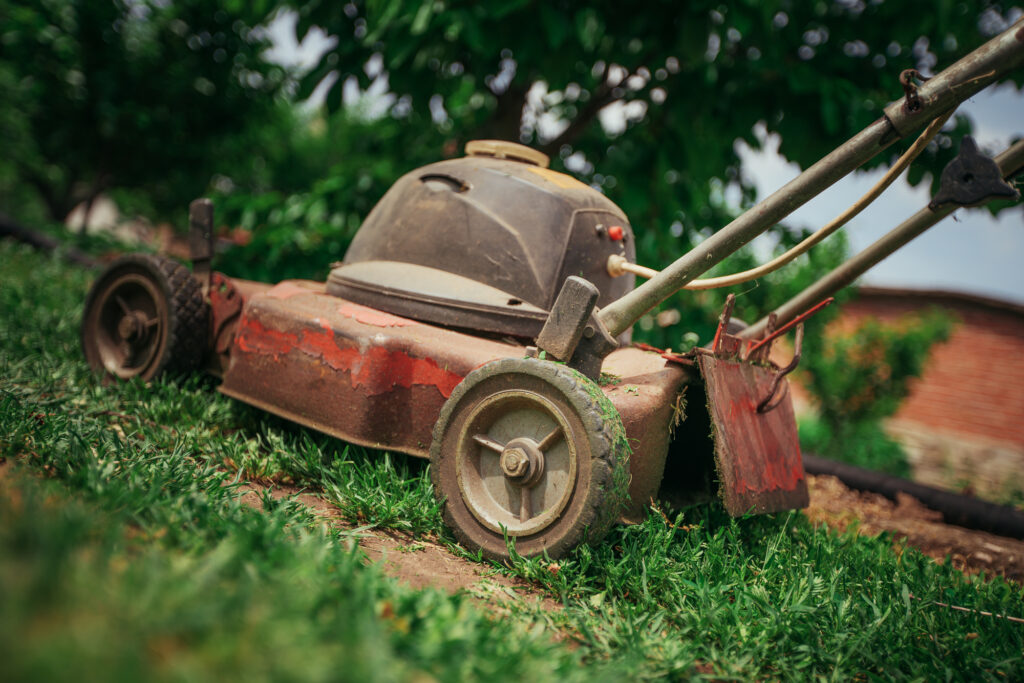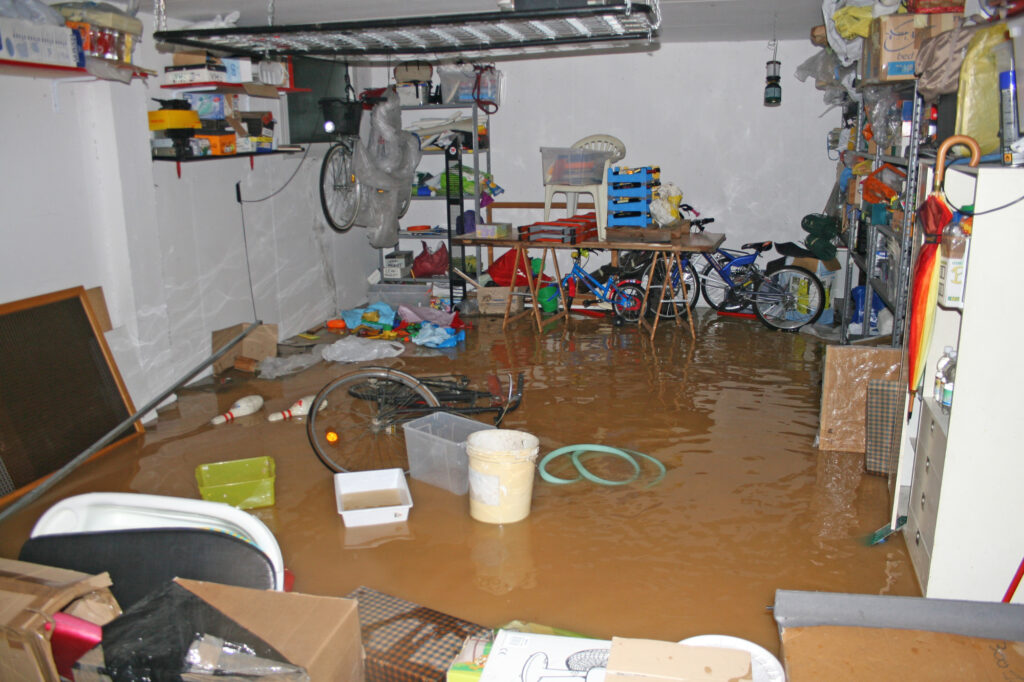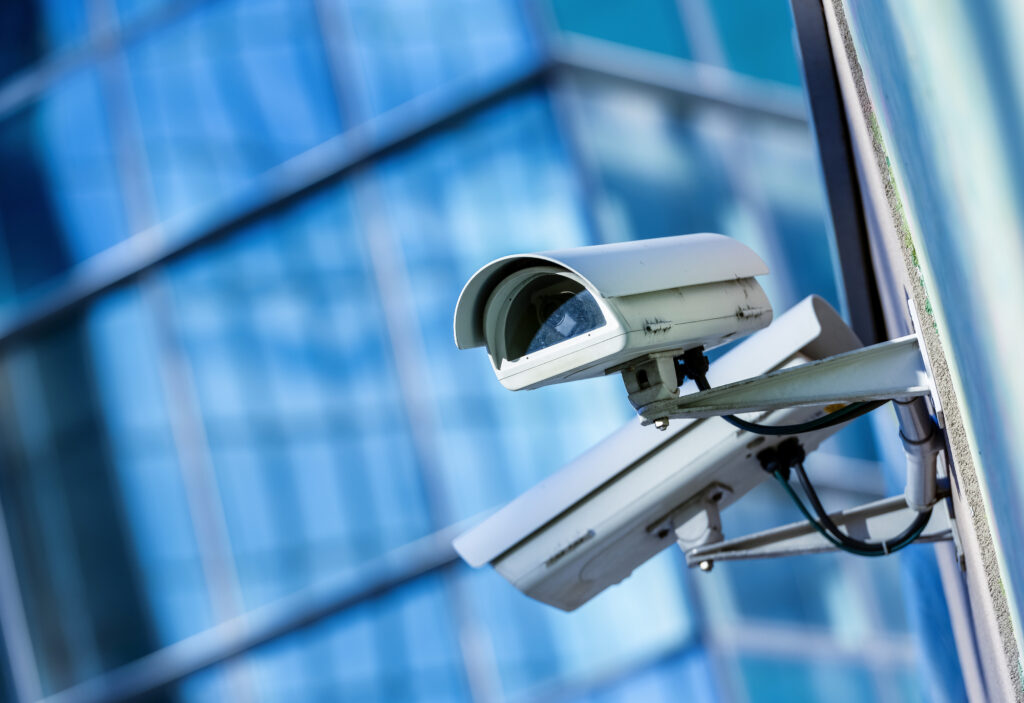Considering long-term storage options
Remember to pay the bills
We’ve all seen storage shows on TV – groups of people waiting with bated breath for the locker door to be opened so that they can bid and try to make a fortune from the contents left inside by some long-forgotten owner.
What happens to your personal belongings if you stop paying the rent on your unit? Let’s not find out. Set up a monthly direct debit to keep the payments up to date. It’s one less thing for you to worry about.
Looking for long-term storage that offers you all the peace of mind you need? Talk to us today, we’re here to help.
Storage insurance
Always check your home insurance when you place personal items in storage. Items in transit during a house move may be covered, but being left in a self-storage unit for months is less likely to be automatically included in your policy. Separate insurance can be taken out while you are away.
Remember to pay the bills
We’ve all seen storage shows on TV – groups of people waiting with bated breath for the locker door to be opened so that they can bid and try to make a fortune from the contents left inside by some long-forgotten owner.
What happens to your personal belongings if you stop paying the rent on your unit? Let’s not find out. Set up a monthly direct debit to keep the payments up to date. It’s one less thing for you to worry about.
Looking for long-term storage that offers you all the peace of mind you need? Talk to us today, we’re here to help.
Storage insurance
Always check your home insurance when you place personal items in storage. Items in transit during a house move may be covered, but being left in a self-storage unit for months is less likely to be automatically included in your policy. Separate insurance can be taken out while you are away.
Remember to pay the bills
We’ve all seen storage shows on TV – groups of people waiting with bated breath for the locker door to be opened so that they can bid and try to make a fortune from the contents left inside by some long-forgotten owner.
What happens to your personal belongings if you stop paying the rent on your unit? Let’s not find out. Set up a monthly direct debit to keep the payments up to date. It’s one less thing for you to worry about.
Looking for long-term storage that offers you all the peace of mind you need? Talk to us today, we’re here to help.
Packing well is important
As you prepare your items for storage, it’s worth taking the extra time to pack them well. Use good quality packing boxes – and make sure heavier items are in boxes at the bottom of the stack. Over time weaker cardboard may collapse, crushing the items you are trying to protect.
Wrap breakables and protect furniture tops. Any unit will gradually accumulate dust, so cover fabrics well.
Preparing your items
As well as packing them securely, you should prepare individual items for a long time without use. Make sure clothes are dry and shoes are clean. Over time dirt can leave stains, while packing damp clothes will lead to mould. If you are storing leather goods, you may want to oil them to stop them drying out and cracking.
Electronics may need a little extra consideration. Remember to remove any batteries, as these degrade over time. If you are putting motors of any sort in storage, check with the provider in case they have policies around storing fuels and oils.

Storage insurance
Always check your home insurance when you place personal items in storage. Items in transit during a house move may be covered, but being left in a self-storage unit for months is less likely to be automatically included in your policy. Separate insurance can be taken out while you are away.
Remember to pay the bills
We’ve all seen storage shows on TV – groups of people waiting with bated breath for the locker door to be opened so that they can bid and try to make a fortune from the contents left inside by some long-forgotten owner.
What happens to your personal belongings if you stop paying the rent on your unit? Let’s not find out. Set up a monthly direct debit to keep the payments up to date. It’s one less thing for you to worry about.
Looking for long-term storage that offers you all the peace of mind you need? Talk to us today, we’re here to help.
Packing well is important
As you prepare your items for storage, it’s worth taking the extra time to pack them well. Use good quality packing boxes – and make sure heavier items are in boxes at the bottom of the stack. Over time weaker cardboard may collapse, crushing the items you are trying to protect.
Wrap breakables and protect furniture tops. Any unit will gradually accumulate dust, so cover fabrics well.
Preparing your items
As well as packing them securely, you should prepare individual items for a long time without use. Make sure clothes are dry and shoes are clean. Over time dirt can leave stains, while packing damp clothes will lead to mould. If you are storing leather goods, you may want to oil them to stop them drying out and cracking.
Electronics may need a little extra consideration. Remember to remove any batteries, as these degrade over time. If you are putting motors of any sort in storage, check with the provider in case they have policies around storing fuels and oils.

Storage insurance
Always check your home insurance when you place personal items in storage. Items in transit during a house move may be covered, but being left in a self-storage unit for months is less likely to be automatically included in your policy. Separate insurance can be taken out while you are away.
Remember to pay the bills
We’ve all seen storage shows on TV – groups of people waiting with bated breath for the locker door to be opened so that they can bid and try to make a fortune from the contents left inside by some long-forgotten owner.
What happens to your personal belongings if you stop paying the rent on your unit? Let’s not find out. Set up a monthly direct debit to keep the payments up to date. It’s one less thing for you to worry about.
Looking for long-term storage that offers you all the peace of mind you need? Talk to us today, we’re here to help.
Security for your belongings
If you won’t be in a position to visit your own storage unit regularly, you may be particularly concerned about having great security in place. Make sure the storage provider has CCTV, limited access, PIN code locks and other measure that will give you extra peace of mind.
Keep your items dry
While outdoor lockers may offer cost benefits, an indoor storage unit will maintain a more even temperature, and be better protected from extreme weather. This keeps the damp away from your unit – and the rodents that come in looking for a place to stay warm and dry as well.

Packing well is important
As you prepare your items for storage, it’s worth taking the extra time to pack them well. Use good quality packing boxes – and make sure heavier items are in boxes at the bottom of the stack. Over time weaker cardboard may collapse, crushing the items you are trying to protect.
Wrap breakables and protect furniture tops. Any unit will gradually accumulate dust, so cover fabrics well.
Preparing your items
As well as packing them securely, you should prepare individual items for a long time without use. Make sure clothes are dry and shoes are clean. Over time dirt can leave stains, while packing damp clothes will lead to mould. If you are storing leather goods, you may want to oil them to stop them drying out and cracking.
Electronics may need a little extra consideration. Remember to remove any batteries, as these degrade over time. If you are putting motors of any sort in storage, check with the provider in case they have policies around storing fuels and oils.

Storage insurance
Always check your home insurance when you place personal items in storage. Items in transit during a house move may be covered, but being left in a self-storage unit for months is less likely to be automatically included in your policy. Separate insurance can be taken out while you are away.
Remember to pay the bills
We’ve all seen storage shows on TV – groups of people waiting with bated breath for the locker door to be opened so that they can bid and try to make a fortune from the contents left inside by some long-forgotten owner.
What happens to your personal belongings if you stop paying the rent on your unit? Let’s not find out. Set up a monthly direct debit to keep the payments up to date. It’s one less thing for you to worry about.
Looking for long-term storage that offers you all the peace of mind you need? Talk to us today, we’re here to help.
Security for your belongings
If you won’t be in a position to visit your own storage unit regularly, you may be particularly concerned about having great security in place. Make sure the storage provider has CCTV, limited access, PIN code locks and other measure that will give you extra peace of mind.
Keep your items dry
While outdoor lockers may offer cost benefits, an indoor storage unit will maintain a more even temperature, and be better protected from extreme weather. This keeps the damp away from your unit – and the rodents that come in looking for a place to stay warm and dry as well.

Packing well is important
As you prepare your items for storage, it’s worth taking the extra time to pack them well. Use good quality packing boxes – and make sure heavier items are in boxes at the bottom of the stack. Over time weaker cardboard may collapse, crushing the items you are trying to protect.
Wrap breakables and protect furniture tops. Any unit will gradually accumulate dust, so cover fabrics well.
Preparing your items
As well as packing them securely, you should prepare individual items for a long time without use. Make sure clothes are dry and shoes are clean. Over time dirt can leave stains, while packing damp clothes will lead to mould. If you are storing leather goods, you may want to oil them to stop them drying out and cracking.
Electronics may need a little extra consideration. Remember to remove any batteries, as these degrade over time. If you are putting motors of any sort in storage, check with the provider in case they have policies around storing fuels and oils.

Storage insurance
Always check your home insurance when you place personal items in storage. Items in transit during a house move may be covered, but being left in a self-storage unit for months is less likely to be automatically included in your policy. Separate insurance can be taken out while you are away.
Remember to pay the bills
We’ve all seen storage shows on TV – groups of people waiting with bated breath for the locker door to be opened so that they can bid and try to make a fortune from the contents left inside by some long-forgotten owner.
What happens to your personal belongings if you stop paying the rent on your unit? Let’s not find out. Set up a monthly direct debit to keep the payments up to date. It’s one less thing for you to worry about.
Looking for long-term storage that offers you all the peace of mind you need? Talk to us today, we’re here to help.
When we think about self-storage, we often talk about it in terms of short term contracts. Indeed, a large portion of customers do only need extra space for a small amount of time, which is why we offer flexible contracts.
However, sometimes there is a need to place items in storage for a longer amount of time. Perhaps you’re moving abroad for work for a fixed period or taking time out to travel for a year. It may be that you are in between houses, and need to store large items of furniture until you move into your new home.
If you are considering using storage for an extended amount of time, there are a few things to consider.

Security for your belongings
If you won’t be in a position to visit your own storage unit regularly, you may be particularly concerned about having great security in place. Make sure the storage provider has CCTV, limited access, PIN code locks and other measure that will give you extra peace of mind.
Keep your items dry
While outdoor lockers may offer cost benefits, an indoor storage unit will maintain a more even temperature, and be better protected from extreme weather. This keeps the damp away from your unit – and the rodents that come in looking for a place to stay warm and dry as well.

Packing well is important
As you prepare your items for storage, it’s worth taking the extra time to pack them well. Use good quality packing boxes – and make sure heavier items are in boxes at the bottom of the stack. Over time weaker cardboard may collapse, crushing the items you are trying to protect.
Wrap breakables and protect furniture tops. Any unit will gradually accumulate dust, so cover fabrics well.
Preparing your items
As well as packing them securely, you should prepare individual items for a long time without use. Make sure clothes are dry and shoes are clean. Over time dirt can leave stains, while packing damp clothes will lead to mould. If you are storing leather goods, you may want to oil them to stop them drying out and cracking.
Electronics may need a little extra consideration. Remember to remove any batteries, as these degrade over time. If you are putting motors of any sort in storage, check with the provider in case they have policies around storing fuels and oils.

Storage insurance
Always check your home insurance when you place personal items in storage. Items in transit during a house move may be covered, but being left in a self-storage unit for months is less likely to be automatically included in your policy. Separate insurance can be taken out while you are away.
Remember to pay the bills
We’ve all seen storage shows on TV – groups of people waiting with bated breath for the locker door to be opened so that they can bid and try to make a fortune from the contents left inside by some long-forgotten owner.
What happens to your personal belongings if you stop paying the rent on your unit? Let’s not find out. Set up a monthly direct debit to keep the payments up to date. It’s one less thing for you to worry about.